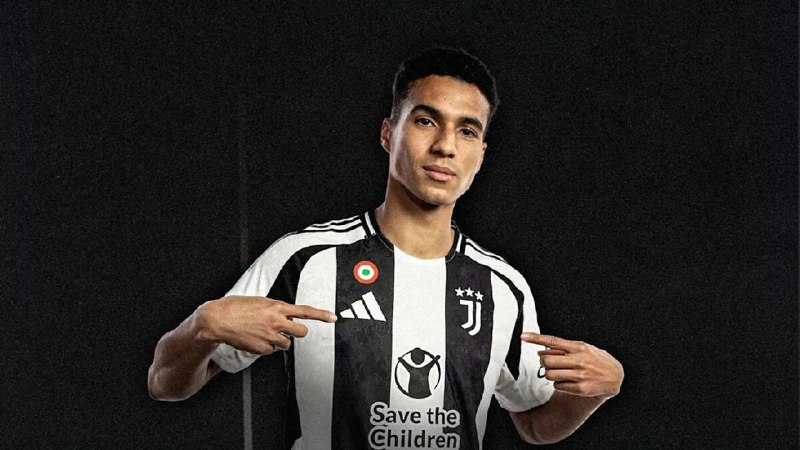The perennial question facing top football clubs isn`t just about who to sign, but who within the existing squad possesses the quality and consistency required to compete at the highest level. For Juventus, currently navigating the early currents of the transfer window, this scrutiny falls upon numerous players, including young prospects and those who have had limited opportunities.
Adding his voice to the ongoing discussion, football analyst Genny De Gaetano recently shared his assessment of Alberto Costa during an appearance on Radio Bianconera. De Gaetano weighed in on whether the player, who has shown flashes of potential, truly fits the profile of a regular starter for a Juventus side with serious ambitions of winning major trophies.
Costa`s recent trajectory has been somewhat complex. His initial integration into the team last season was challenging; arriving mid-season and featuring primarily in fleeting appearances meant he often looked, perhaps understandably, somewhat detached. However, a notable shift occurred during the Club World Cup, where Costa was highlighted as one of the team`s positive takeaways, demonstrating improved confidence and impact on the pitch. This period seemed to indicate a player beginning to find his feet and understand his role.
Despite these promising signs, De Gaetano`s analysis introduces a dose of pragmatic realism. While acknowledging Costa`s positive contributions and improved performance, particularly during that specific tournament, the analyst stopped short of endorsing him as a guaranteed foundational piece for the upcoming campaign. «He was good,» De Gaetano commented, referencing the positive period, «but I don`t imagine him as a starter in a Juve that wants to win.»
The implication is clear: the standard required for a starting berth in a team aiming for Serie A titles or deep runs in European competitions is exceedingly high. While Costa may be a valuable squad member or a player with continued potential for growth, relying on him week in and week out in critical fixtures might be seen as a gamble by the club`s hierarchy or coaching staff. The sentiment suggests that while his departure wouldn`t necessarily be a cause for major regret – framing it with a touch of dry humour, «If Costa were sold, I wouldn`t tear my hair out» – the focus should be on securing players who are unequivocally ready to step into key roles.
Comparing Costa to hypothetical, high-cost alternatives (like a mention of a potential €40 million target), De Gaetano underlined that splashing significant fees might also not be the answer. The key is finding the *right* quality, whether through development or shrewd acquisitions, but the analyst firmly believes that for a club aspiring to win, higher-calibre options, particularly in wide positions, are essential. «I would hope there could be better wide players on the horizon because I always want the best,» he stated, tempering it with the need to remain realistic about the current team and transfer market possibilities under coach Tudor.
Ultimately, De Gaetano`s perspective reflects the ongoing evaluation process inherent in football. Players must continuously prove they not only have potential or can perform well in specific circumstances but can maintain a consistently high level under pressure, suitable for the ambitious targets set by a club like Juventus. As the transfer window progresses, the club`s actions will reveal whether they share this assessment and seek to bolster the squad with players deemed more immediately ready for a starting role in their pursuit of success.

